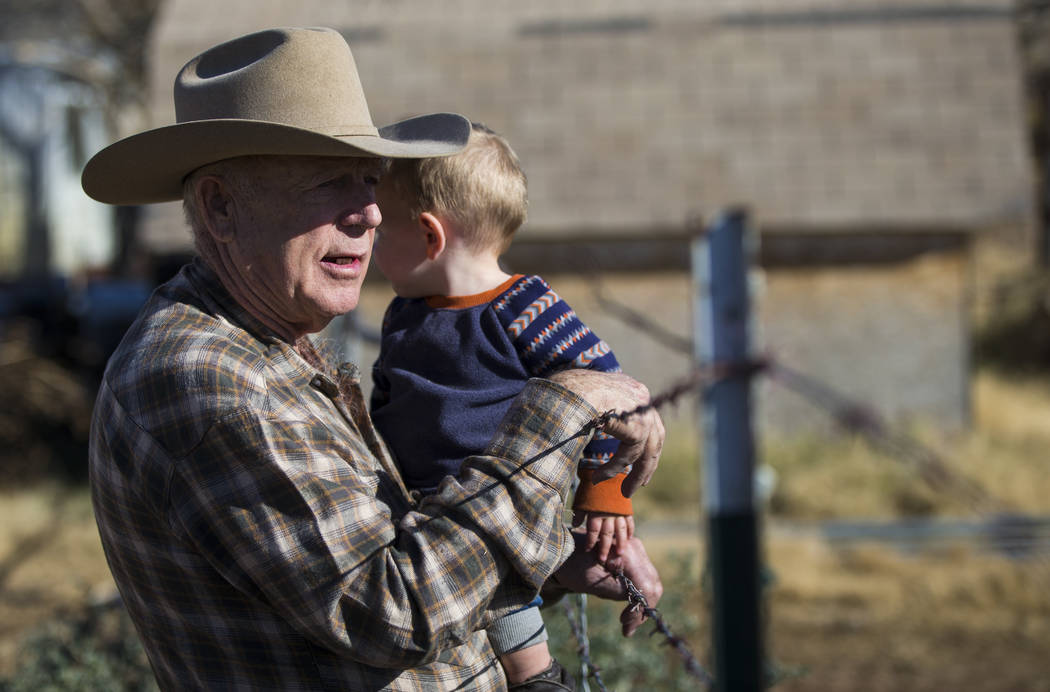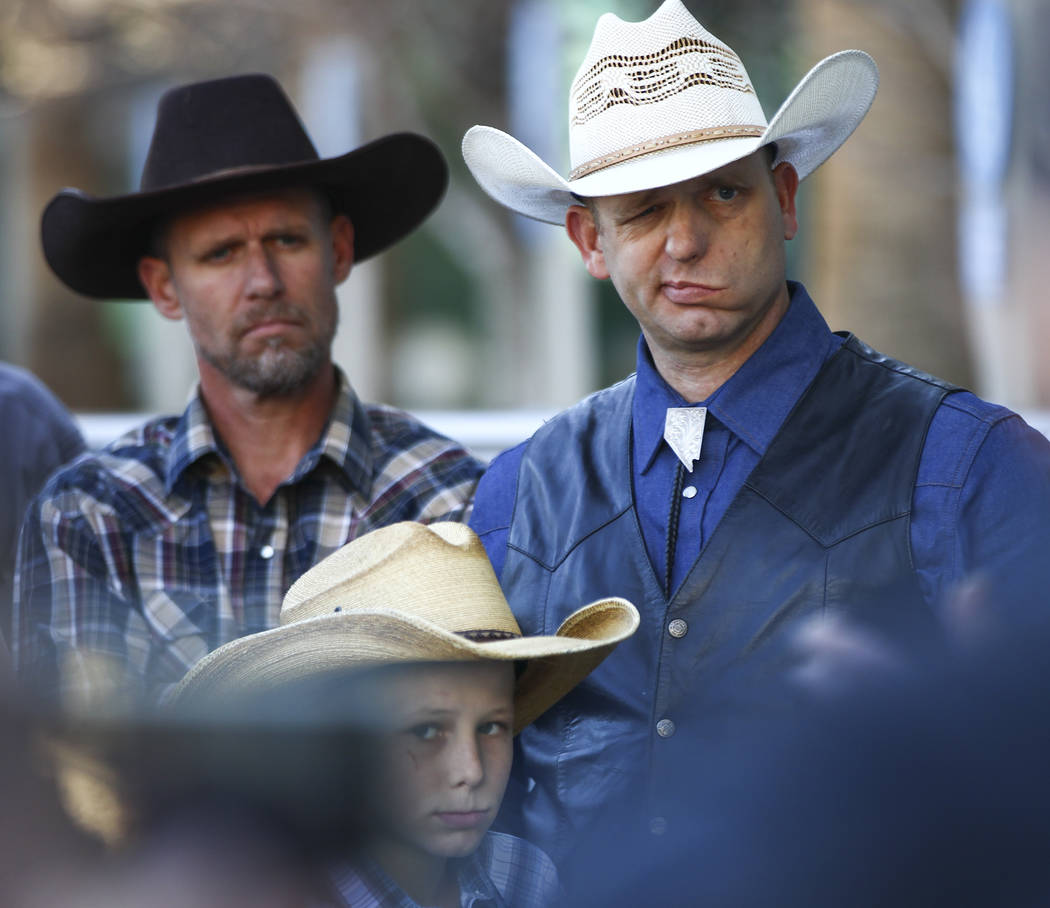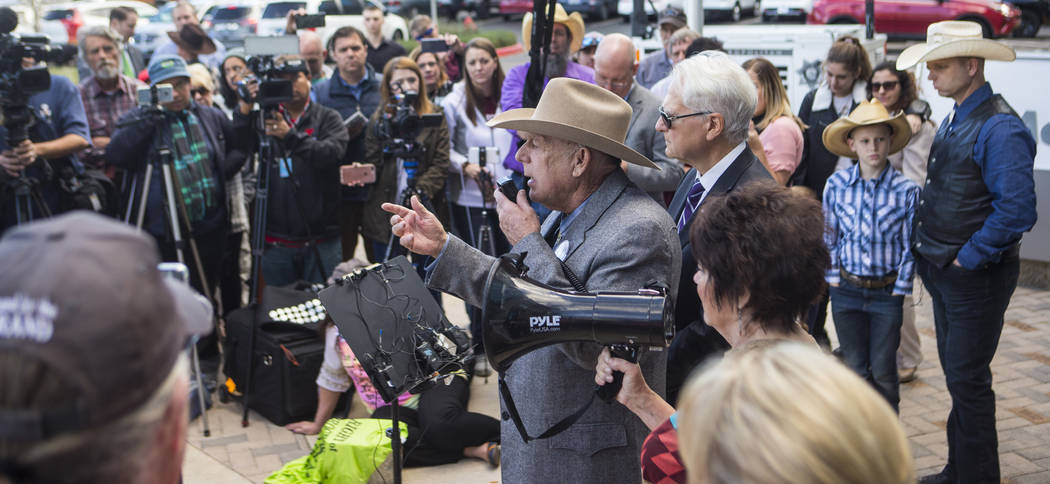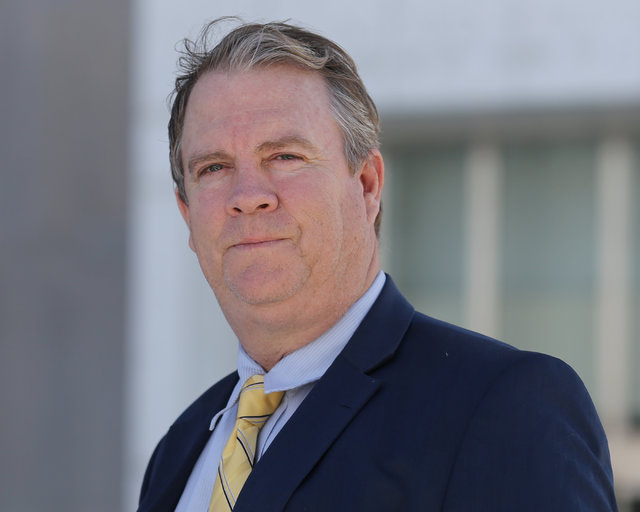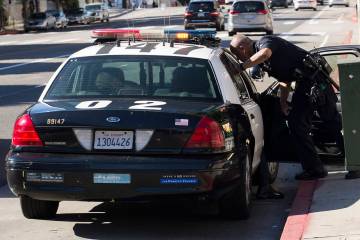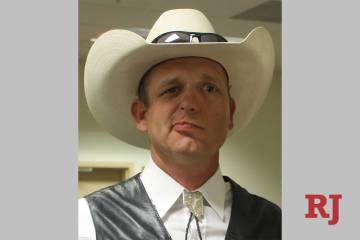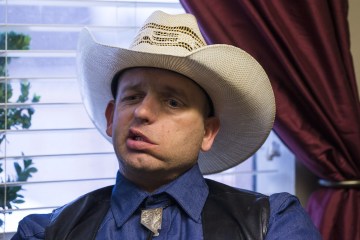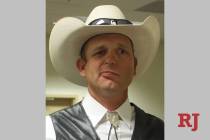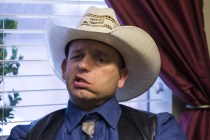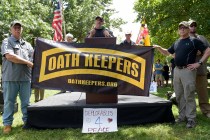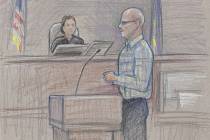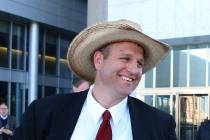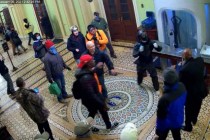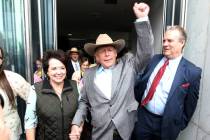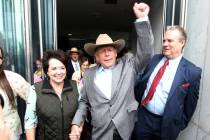Bundy trial errors cast shadow on Nevada federal prosecutors
The government spent more than three years bringing Cliven Bundy to trial in the aftermath of the April 2014 armed standoff near Bunkerville.
But it took only two months for the high-profile case to collapse in court.
Federal prosecutors deceived the presiding federal judge, repeatedly ignored the law and failed to provide the defense with evidence that could have harmed the government’s case, the court record shows.
By the time prosecutors started turning over hundreds of pages of documents under court
orders after the trial began in November, it was too late to save the case.
In a stunning decision Monday, U.S. District Judge Gloria Navarro tossed out the criminal charges in the middle of the trial because of what she called “flagrant” misconduct by prosecutors.
The missteps have tarnished the reputation of the Nevada U.S. attorney’s office and caught the eye of Attorney General Jeff Sessions, who ordered an internal Justice Department investigation.
The judge’s ruling also has left the rest of the criminal case in disarray.
Seven other defendants had earlier pleaded guilty without having the benefit of the favorable evidence, and defense lawyers for some of those defendants say they will seek to withdraw the pleas. Two other defendants were convicted at a separate trial last year, including one who is serving a 68-year prison term. Four defendants, including Bundy sons David and Melvin, are awaiting trial.
Cliven Bundy, 71, has been fighting the government for 25 years over grazing rights for his cattle. He and two of his sons, Ammon and Ryan Bundy, along with Montana militia leader Ryan Payne, were considered the leaders of what the government alleged was a massive conspiracy to assault law enforcement officers a few miles from the Bundy ranch. Navarro also dismissed the cases against those two sons and Payne on Monday.
The one-day standoff ended without injuries after Bureau of Land Management officers, under pressure to avert bloodshed on both sides, abruptly called off a court-ordered roundup of Bundy cattle on federal land.
In her decision, Navarro said the government misconduct was so outrageous that she banned prosecutors from refiling the charges. A jubilant Cliven Bundy, after spending two years behind bars waiting to be tried, walked out of the courtroom a free man.
Douglas McNabb, a criminal defense lawyer with offices in Houston and Washington, said the decision likely will have a nationwide impact on the justice system.
“I think it will reverberate across the country and will remind prosecutors on both the federal and state level that they need to be careful about disclosing exculpatory information,” he said.
Thomas Pitaro, a top defense lawyer in Las Vegas, agreed that the decision could be precedent setting. But he predicted the government will appeal it.
“They’re not going to take this dismissal and let it stand, because it will forever be a stain on them,” he said.
Office under a cloud
Fallout from the government’s actions in the Bundy case already is being felt within the U.S. attorney’s office. As the internal investigation proceeds, the lead case prosecutor, Steven Myhre, has been removed as acting head of the office, and an interim U.S. attorney has been brought in from outside Nevada to take control of the office. Myhre went back to his longtime position as first assistant U.S. attorney.
The new U.S. attorney, Dayle Elieson, would not comment on Navarro’s decision, including whether the office would appeal it. She released a statement saying, “We respect the Court’s ruling and will make a determination about the next appropriate steps.”
But in recently unsealed court papers opposing the dismissal, Myhre and other Bundy prosecutors denied wrongdoing.
“Throughout this case, the government has acted in good faith to produce voluminous discovery that it believed went above its constitutional, statutory, department and court-ordered obligations,” they wrote.
“The government did not withhold material to gain a tactical advantage or harm the defendants. Rather, it litigated these issues in good faith, arguing the materials were neither helpful nor material and provided reasoned explanations for its decisions.”
Several former federal prosecutors interviewed by the Las Vegas Review-Journal all described the dismissal as rare.
“This is a prosecutor’s worst nightmare,” said Charles La Bella, a former deputy chief in the Justice Department’s Fraud Section. “Not only is your case thrown out, but now you are under the microscope, and everybody is going to be second-guessing what you did and how you did it.”
La Bella — who obtained more than 40 convictions in a massive conspiracy to defraud homeowners associations in Las Vegas — said when a judge dismisses a case because of prosecutorial misconduct, it automatically goes to the Justice Department’s Office of Professional Responsibility for review.
The internal investigation could result in discipline for the government lawyers, ranging from a reprimand to dismissal, the former prosecutors said.
“This is more than just a defeat for the government,” said lawyer Paul Padda, a former member of the U.S. attorney’s office. “It’s a complete rebuke of the manner in which the government sought to selectively present the evidence.”
Kathleen Bliss, who spent a dozen years prosecuting organized crime cases in the office, added: “It’s the worst blow that can possibly happen to a prosecutor, because prosecutors should know that it is not about winning. It’s about serving justice.
“The office needs to take a hard look at how they review discovery, how they supervise prosecutors, how they train managers and supervisors and how they restore integrity to a system they are supposed to serve.”
The Justice Department did not respond to a request for comment on the internal investigation.
Missing evidence
Defense lawyers said they had fought for months prior to the Bundy trial to force the government to turn over evidence that would aid the defense. But their efforts always came up short.
Ryan Bundy claimed in court documents that federal agents had secretly videotaped the Bundy home before and during the standoff. Ammon Bundy insisted the government had snipers perched above the Bunkerville ranch.
Prosecutors disparaged the defense requests, calling them fishing expeditions or efforts to distract the judge.
“The government continued to play coy and was insisting that none of the documents were relevant or material to the case,” said Dan Hill, who defended Ammon Bundy. “Their attitude was indignant. They were insinuating that the defense was just playing games.”
Then the defense got a break.
In late October, a week before the trial, Navarro held a hearing on a defense motion to dismiss the case because of government misconduct over the shredding of sensitive BLM documents during the standoff.
Mary Hinson, former chief ranger at Lake Mead National Recreation Area, testified that she recalled seeing a live video feed of the Bundy home during the standoff. Navarro denied the motion to dismiss, but at the defense’s request, she ordered the government to turn over what it had on the feed.
Days after Navarro seated a jury Nov. 2, prosecutors gave defense lawyers documents confirming that the FBI had been running a live feed that was being viewed at the BLM command post near the Bundy ranch.
Documents also showed that the FBI stationed SWAT snipers near the ranch in the days before the standoff. That prompted Navarro to order prosecutors to provide the defense with documents about the snipers.
Then, when testimony began during the trial, government witness Mary Jo Rugwell, a former BLM Southern Nevada office manager, testified that the government possessed threat assessments that suggested the Bundys were not violent.
That led to still more documents being turned over to the defense.
Eventually, Navarro concluded that the government had not been candid with her and had undermined the confidence of the outcome of the trial. She granted a mistrial Dec. 20 and then dismissed the case Monday.
“This is not how cases should be won,” said Assistant Federal Public Defender Brenda Weksler, who represented Ryan Payne. “The jury should be able to make an informed decision of guilty or innocent based on the entire evidence.”
Weksler and her partner, Assistant Federal Public Defender Ryan Norwood, said Navarro averted what could have been a “travesty of justice.”
Added veteran defense lawyer Bret Whipple, who represented Cliven Bundy: “It’s a perfect example of what should never happen — getting a conviction at all cost.”
Contact Jeff German at jgerman@reviewjournal.com or 702-380-4564. Follow @JGermanRJ on Twitter. Contact David Ferrara at dferrara@reviewjournal.com or 702-380-1039. Follow @randompoker on Twitter.
Bundy-BLM Battle
Read complete coverage of the feud between the Bundy family and the BLM
Breakdown by the numbers
4 defendants' cases were dismissed — Cliven Bundy, Ryan Bundy, Ammon Bundy, Ryan Payne
2 acquitted — Steven Stewart, Richard Lovelien
4 awaiting trial — David Bundy, Melvin Bundy, Joseph D. O'Shaughnessy, Jason Woods
7 pleaded guilty — Pete Santilli, Eric Parker, Scott Drexler, Micah McGuire, Gerald Delemus, Blaine Cooper, Brian Cavalier
2 convicted — Gregory Burleson, Todd Engel




